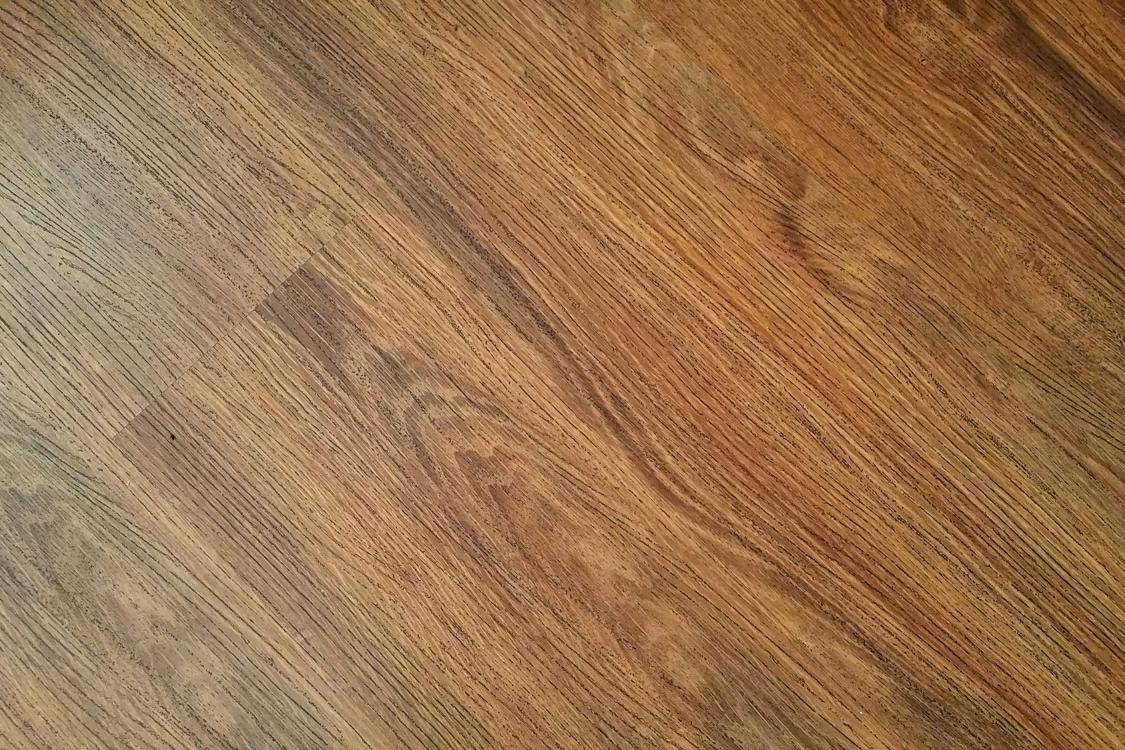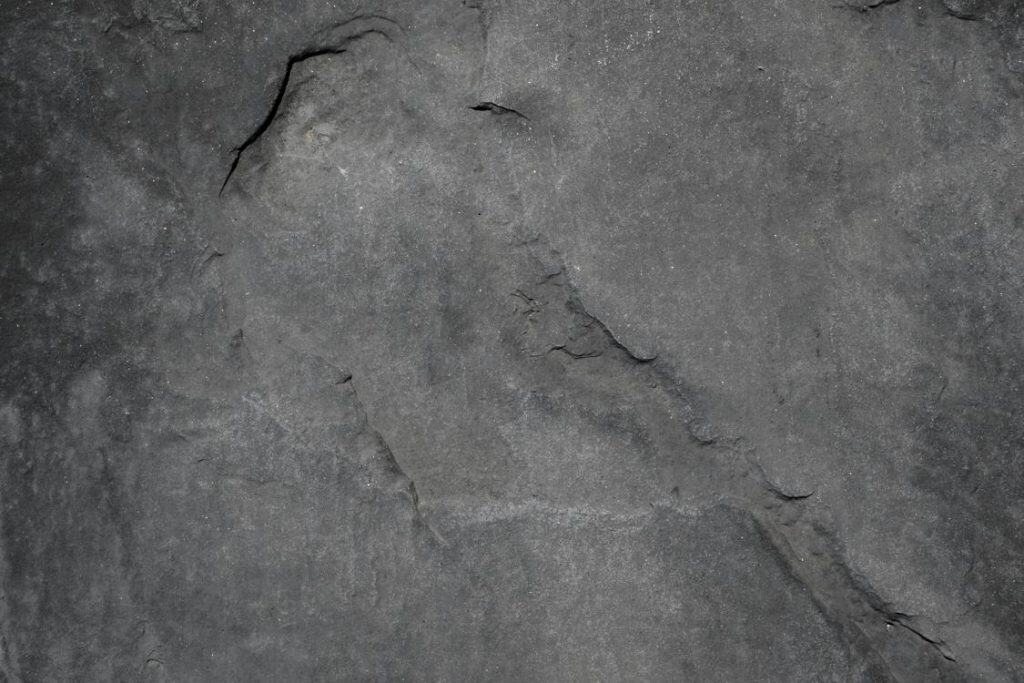Epoxy floors are a durable floor coating ideal for like garages, commercial kitchens, and industrial warehouses. They are highly resistant to impact, corrosion, chemicals and can withstand heavy machinery.
They are also hygienic and easy to sanitize making them an excellent choice for hospitals and clinics. But how do you take care of epoxy floors?
Long-Lasting
The epoxy coating provides a durable surface for floors that resists damage from heavy equipment, vehicles, and foot traffic. It also protects the substrate from harsh chemicals and water. In addition, it’s easy to clean and can be sanitized with standard mopping using general cleaner detergents without harming the floor. These features make it an excellent option for industrial and warehouse settings, but it’s also a popular flooring solution for commercial and residential properties.
Its seamless nature makes it easy to sweep and vacuum, providing a dust-free environment and reducing the need for costly professional cleaning or extensive maintenance that can be required by alternative flooring solutions like vinyl or carpet. Additionally, it’s impermeable, meaning that spills and leaks can be cleaned up quickly and easily before they damage the concrete below. This reduces the risk of dangerous and expensive accidents while keeping personnel, equipment, and inventory safe.
Epoxy flooring is also extremely durable and can withstand light to heavy workloads, including forklift and truck traffic, making it ideal for manufacturing facilities. It can also be made non-slip by mixing sand into the wet epoxy during application, which makes it ideal for high-traffic areas that need to meet safety requirements. Additionally, the slick surface provides superior grip and comfort underfoot.
If you’re considering having an epoxy floor installed, it’s best to hire a professional installer. They’ll have years of experience and expertise in the field, ensuring that your floor will be long-lasting and durable. They’ll also have access to quality products and specialized tools that you might not have, helping you save time and money in the long run.
Proper surface preparation is also essential to the longevity of an epoxy floor. If the concrete is not in good condition, the coating will break down prematurely. It’s important to test the surface for cracks or other damages before applying any epoxy coating. It’s also a good idea to choose a product that complies with your industry’s antistatic standards. This will help ensure that static charges do not build up on your employees and equipment, which can cause costly damage.
Corrosion-Resistant

Unlike other flooring options, epoxy is impermeable, protecting the concrete underneath from chemicals and other contaminants. As a result, maintenance is much simpler and less expensive.
Additionally, if a spill does occur, property owners can simply wipe the surface down with a clean cloth, avoiding harsh chemicals and abrasive cleaners that could damage the coating. This allows the floor to remain clean and pristine for longer, reducing wear and tear.
Epoxy is also highly resistant to corrosion. This makes it the ideal choice for environments that are prone to heavy-duty foot traffic and other forms of wear and tear, such as food and beverage plants, storage warehouses, and chemical manufacturing facilities. The epoxy can be formulated to resist a variety of corrosive chemicals, which eliminates the need for concern regarding spills and other messes in these areas.
As a rule, epoxy floors are easy to maintain and can be kept looking like new with the help of regular cleaning and inspections. A dust mop is one of the standard tools to keep a clean epoxy floor and is often sufficient to remove small particles of dirt that can scratch or otherwise damage the coating. For areas that may see more dirt and grit, a broom or vacuum attachment will be necessary to reach the corners and crevices of these areas.
When a deeper clean is required, a soft bristle deck brush can be used to loosen and remove any embedded particles of dirt. A diluted non-alkaline cleaner can then be used to wipe down the surface of the floor, again, avoiding abrasive chemicals that might damage the coating.
A periodic scrubbing of the floor with a soft bristle brush may be needed in high-traffic areas. It is also a good idea to make sure that the area is swept regularly and to ensure that any large stains, scratches, gouges, or cuts are addressed immediately to avoid further damage. Additionally, it is recommended that property owners consider UV protection for their epoxy floors, as prolonged exposure to sunlight can cause them to yellow over time.
Easy to Clean
The epoxy used in floors is highly durable, and it can withstand most types of chemicals, solvents, and other substances that would destroy ordinary flooring. However, the floor should be swept or vacuumed regularly to remove dust and other particles that could damage the coating. In addition, it should be mopped with a non-toxic detergent solution that is safe for the epoxy flooring. Usually, a simple mix of warm water and a pH-neutral detergent will do the trick, but some stains may require more than just a simple soap solution.
Once the surface is prepared by grinding or shot blasting, a clean and debris-free surface is ready to be mopped. It is important to scrub the floor at least once a week, and more frequently depending on how much traffic it receives. This will help keep the floor smooth and free of large stains or scratches.
If your epoxy floor is stained or scratched, you can use a kitchen scrubbing sponge and some warm water to clean the area. If you need to scrub more heavily, you can use a nylon brush. If the stain is particularly stubborn, you may want to pre-treat it with a cleanser made for epoxy floors. Avoid using steel wool or harsh chemicals like Comet, which can scratch or discolor the surface.
Epoxy floors are very easy to maintain, but they do need to be protected from heavy equipment and machinery, especially during construction. If possible, place a walk-off mat at the entrance to collect dirt and other debris before it is tracked onto the floor. Additionally, it is a good idea to put soft pads under furniture and bicycle or motorcycle kickstands.
Epoxy floors are a great choice for any home, commercial or industrial space, and the high level of customization available allows them to fit any style. For example, solid color epoxy is ideal for kitchens, and a textured finish adds traction to the floor for safety. For retail spaces, a metallic finish adds both form and function, and it can be customized with the company’s logo.
Low Maintenance
Epoxy floors are incredibly durable and chemical-resistant, so they can stand up to the wear and tear of everyday use. However, they also require regular cleaning to preserve their appearance and ensure that they continue to meet their primary purpose: protecting and enhancing your space.
Scrubbing frequency depends on the level of soilage present, but it’s generally best to scrub high-traffic areas daily with a soft-bristle brush or mop and detergent. This keeps oil, grease and grime at bay, while maintaining the floor’s slip-resistant properties.
Proper surface preparation is a critical step in the epoxy flooring installation process. The concrete must be blasted, cleaned, and de-greased to ensure that the epoxy adheres properly to the substrate. Professional installers know how to identify the presence of prior layers and prepare the substrate accordingly.
Besides their aesthetic appeal, epoxy floors have several practical benefits that make them a smart investment for commercial spaces. They can enhance the presentation of products in showrooms by reflecting light and highlighting merchandise, helping businesses attract and engage customers. They can reduce the number of industrial accidents that result in slipping and falling, which cuts down on workers’ compensation claims and other related expenses.
In addition to their durability and anti-slip properties, epoxy floors are easy to clean and maintain. They can be mopped with warm water to remove most debris and stains. For particularly stubborn deposits, a mild detergent may be necessary. Abrasions and scratches are a common issue for many types of commercial flooring, but epoxy floors resist damage due to their hardwearing nature.
Regular inspections and timely repairs are essential for the longevity of any flooring material, but it’s especially important with epoxy floors. Promptly identifying and addressing issues such as cracks or chips is vital for preventing them from worsening over time, as they can weaken the bond between the epoxy layer and the substrate and cause further damage. Professional maintenance services typically include deep cleaning, buffing, and resealing to extend the life of the coating. Depending on the level of protection you desire, you may also opt for a protective top coat that provides additional UV resistance and enhanced aesthetics.




